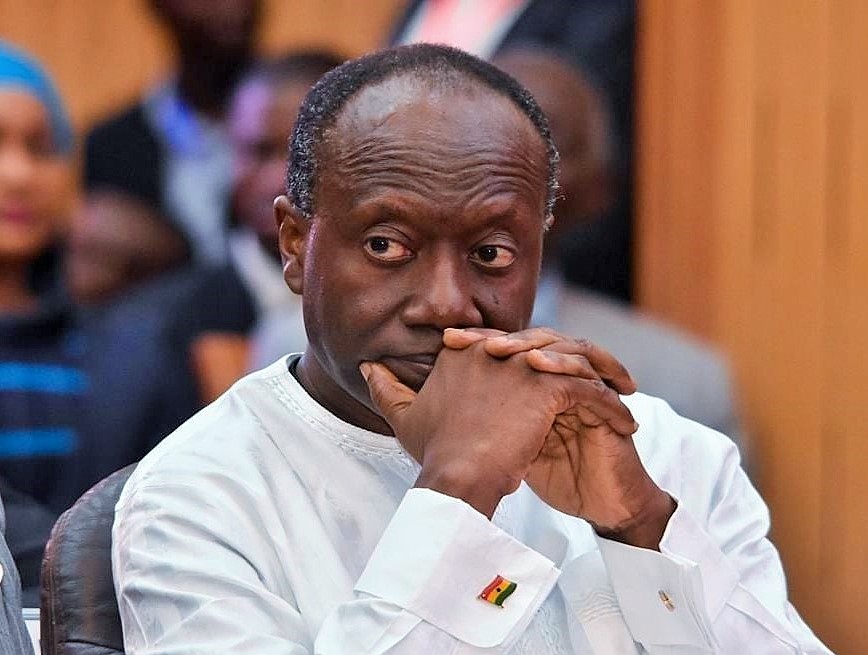In its latest report on global stability, the International Monetary Fund (IMF) predicts an uncertain future for developing nations’ banking sector including Ghana in the upcoming year if the state of the world economy does not improve.
To rebuild public trust in the nation’s financial system, the Ghanaian government started a clean-up operation of the banking sector in 2017. Today, the economy is faced with high policy rates, deteriorating inflation, and a dreadful cedi depreciation.
The decision by the government of Ghana and the Central Bank to seek an IMF bailout is one of the measures taken to save the sinking economy.
According to the Bretton Woods institution, if current global financial conditions continue, several economies risk entering a recession. The Global Financial Stability Edition reveals that there has been an increase in financial stability risks since the last report, with the balance of risks leaning to the negative.
However, the global bank stress test indicates that these buffers may not be sufficient for some banks going into 2023 as an abrupt and sharp tightening of global financial conditions could send several economies into recession along with high inflation, leading to a breach in capital requirements even though the global banking sector has so far weathered challenges.
Meanwhile, Ghanaian economist, Dr. Patrick Asuming, has called for urgent steps to be taken to support the profitability of the banks.
How Do We Save Our Banking Sector from Decadence?
After the collapse of nine local banks and several other financial institutions, thousands of people were rendered unemployed. It cost the government an amount of GHS 21 billion to undertake this exercise and the economy is now suffering from this expenditure.
The clean-up of the banking industry has also impacted the investment climate in the country. It resulted in the loss of investments made by businesses and people who bought stocks in banks that were closed as a result of the exercise. Their closure resulted in the loss of investments in their stocks after they were listed on the stock market and this negatively impacted their cash flow positions.
Although some argue the financial sector clean-up has helped restore sanity in the financial institutions, its negative impacts are dire and the government is still struggling to recover from the huge financial cost of the exercise. The government has now resorted to the IMF for a bailout to combat the current economic crisis.
There needs to be a consensus building between the stakeholders including the labour unions and all concerned citizens on strategies to save our financial institutions from another degradation. If this is not done, the consequences will be too much for Ghanaians to bear.

